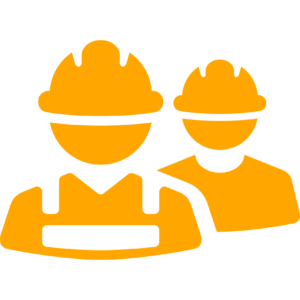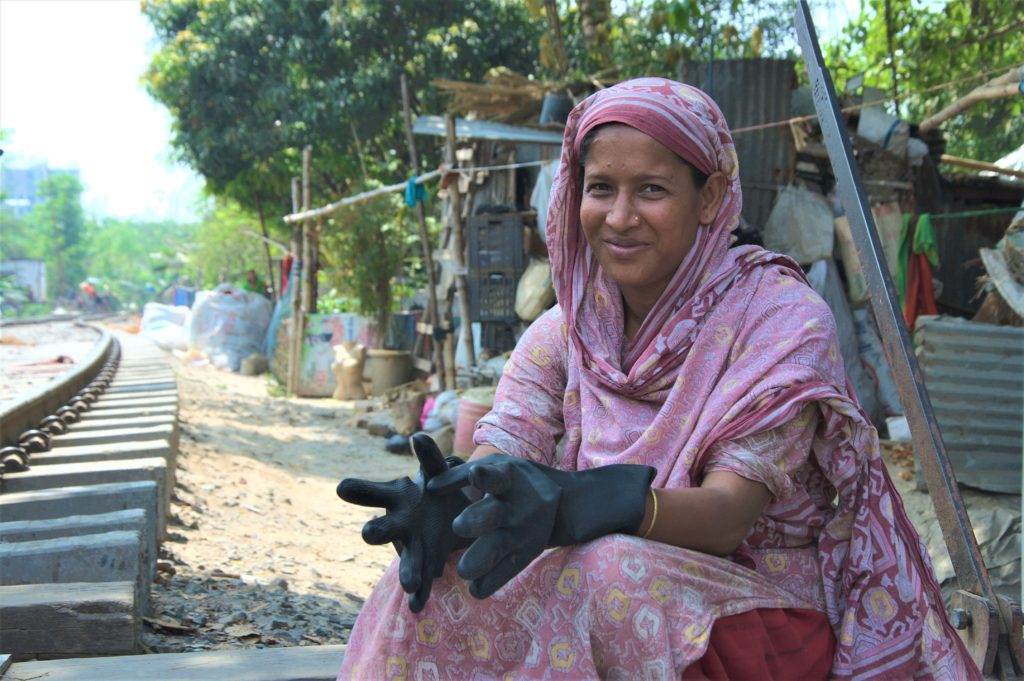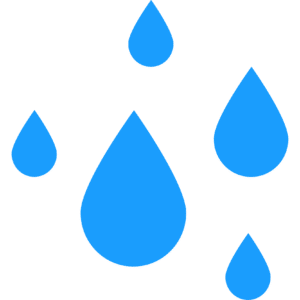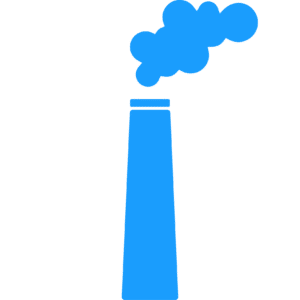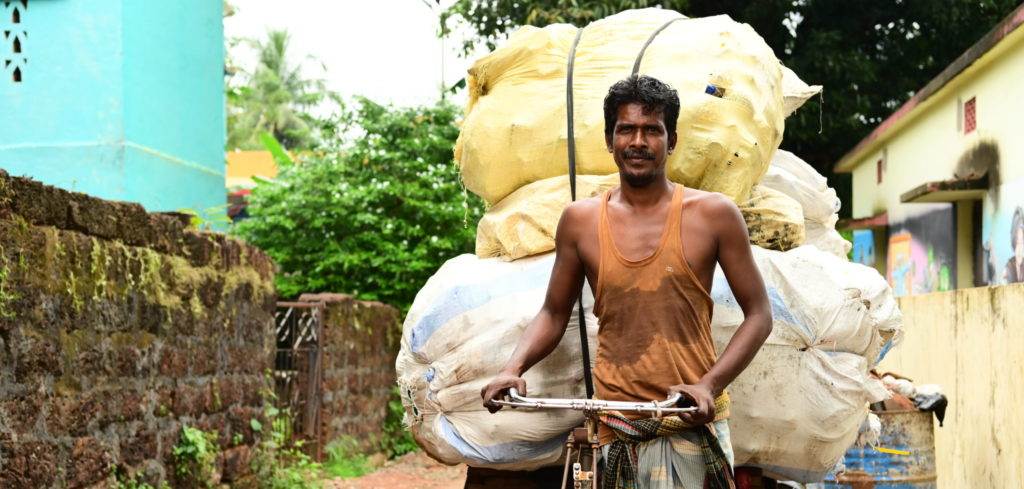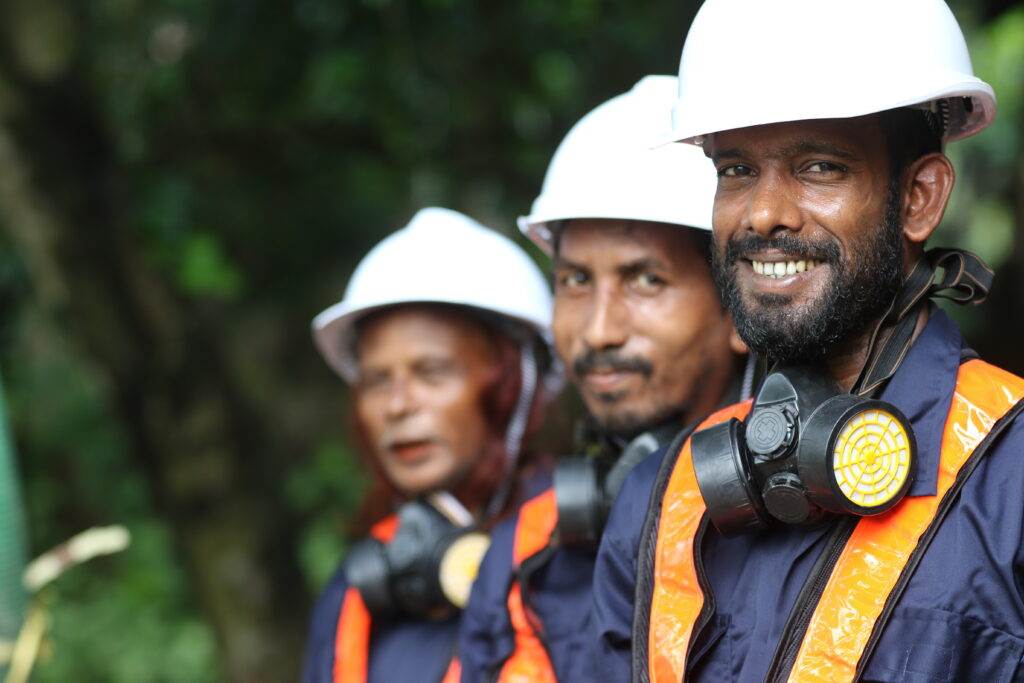Project Overview
Title: Increasing employment by creating value from plastic waste in Bangladesh
Dates: July 2021 – December 2025
Location: Faridpur, Bangladesh
Our role: Leading an innovative partnership with our technical partners and liaising between local government representatives, local NGOs, suppliers and waste worker cooperatives to improve conditions and raise awareness.
Participants: Waste workers, households, local government representatives and value chain actors
Project Budget: £1.2 million
Theme: WASH and waste management
Lead Donor: Danish International Development Agency (DANIDA)


